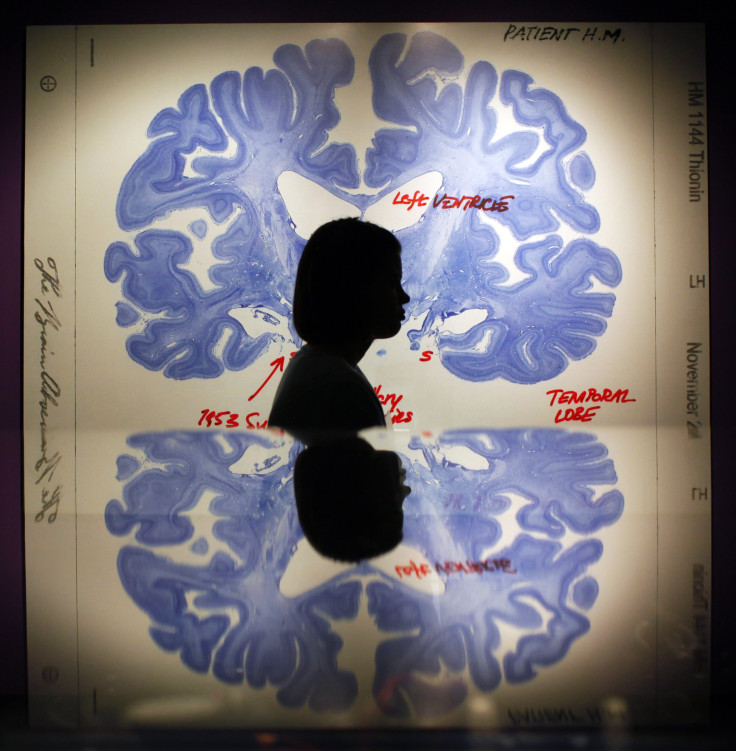Brain Injury Can Cause Long Term Damage

Traumatic brain injury can lead to inflammation and slow regeneration of brain cells, according to a new study. The good news is that, even at the most chronic stage of the injury, therapeutic intervention can help prevent death of brain cells.
Each year about 1.7 million people sustain a traumatic brain injury (TBI) and about 75% of TBIs are concussions or other forms of mild TBI, according to Centers for Disease Control and Prevention.
"In addition, TBI is responsible for 52,000 early deaths, accounts for 30 percent of all injury-related deaths, and costs approximately $52 billion yearly to treat," said Dr. Cesar V. Borlongan, professor from the University of South Florida.
The study authors said that the inflammation that occurs after an injury can cause long term damage to the brain. These disruptions can make the person vulnerable to many neurodegenerative diseases like Alzheimer's disease, Parkinson's disease and post-traumatic dementia.
Researchers conducted the study on rat models in the chronic stages of brain trauma to understand the mechanism of trauma and potential therapeutics.
"Using animal models of TBI, our study investigated the prolonged pathological outcomes of TBI in different parts of the brain, such as the dorsal striatum, thalamus, corpus callosum white matter, hippocampus and cerebral peduncle. We found that a massive neuroinflammation after TBI causes a second wave of cell death that impairs cell proliferation and impedes the brain's regenerative capabilities," explained Borlongan, also the study's lead author.
Researchers found that microglia cells, not only at the site of injury, but also distant sites were activated around 8 weeks after the brain injury. These microglia cells are an important form of defense in the central nervous system.
Researchers say that events after trauma to the brain cause inflammation that can suppress the growth of other cells in the brain. They added that therapeutics even at the chronic stages of injury might help prevent some of the long-term damage to the brain.
The study is published in the journal PLOS ONE.



























